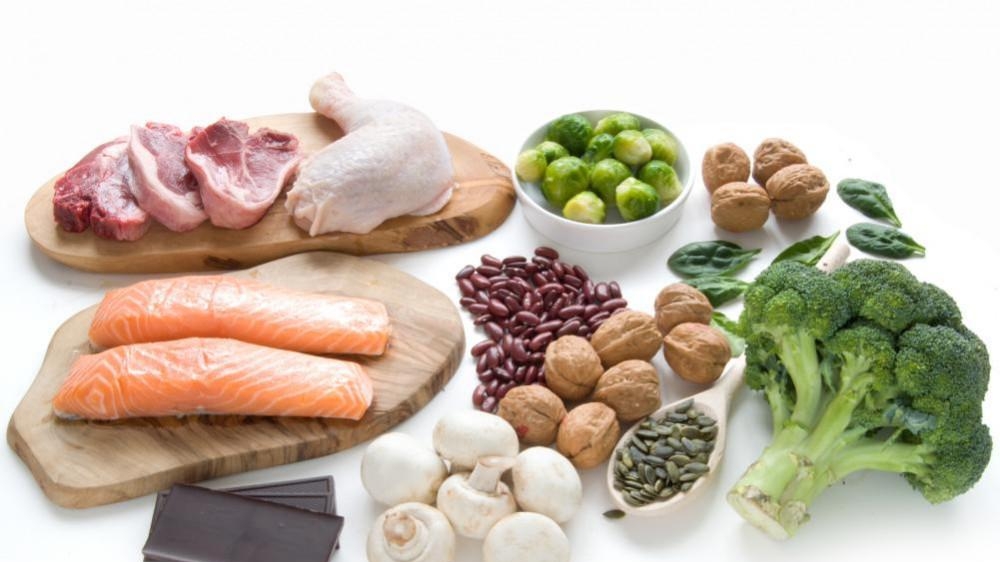
Iron is a vital mineral that our bodies need to grow and develop. It plays a crucial role in various bodily functions, including the production of red blood cells and the transportation of oxygen to all body parts. Additionally, it helps in maintaining our immunity, protecting us from infections, and preventing anemia. This article will dive deep into the importance of iron, the risks of its deficiency and how to mitigate them.
Understanding Iron and Its Significance
Iron is found in red blood cells, hemoglobin, muscles, and enzymes. Dietary iron comes in two forms – heme iron found in animal-based foods, and non-heme iron found in plant-based foods. However, the absorption of iron from plant-based foods is less compared to animal-based foods. The body’s ability to absorb iron can be influenced by other nutrients consumed with it. For example, vitamin C aids in iron absorption, while substances like caffeine and calcium-rich foods can impede it.
Iron Deficiency: Causes and Symptoms
Iron deficiency affects an estimated 20% of women, 3% of men, and 50% of pregnant women. The primary causes of iron deficiency include blood loss, poor diet, low food intake, problems with iron absorption, and developmental changes. Symptoms of iron deficiency are often subtle, but they can significantly impact one’s quality of life. They include fatigue, paleness, lack of concentration, cravings for non-food items such as ice or dirt, and shortness of breath.
The Link between Iron Deficiency and Weight Gain
Iron deficiency can lead to symptoms like fatigue, shortness of breath, and low energy levels, which can contribute to weight gain. It can also lead to water retention and decrease in appetite. However, treatment of iron deficiency can induce weight loss by providing more energy for physical activity and improving metabolism.
Addressing Iron Deficiency
The first step to dealing with iron deficiency is to improve nutrition and address the underlying causes. Consuming iron-rich foods like red meat, chicken, fish, beans, lentils, tofu, spinach, and fortified cereals can help increase iron levels. Vegetarians, in particular, need to pay attention to combining foods rich in iron with vitamin C to enhance absorption.
Iron fortification is a common method used to increase iron intake in various populations. In some cases, iron supplements may be recommended by a nutritionist or doctor. However, it is essential to consult a healthcare professional for personalized advice, especially if you belong to a vulnerable group, such as vegetarians, individuals with limited red meat consumption, or those who have a high intake of iron absorption inhibitors like phytates.
Conclusion
Iron plays an integral role in our health and wellbeing. A balanced diet rich in iron can help maintain optimal iron levels and prevent deficiency. However, certain groups may require additional iron intake through fortification or supplements. As always, it’s essential to consult with healthcare professionals for personalized advice on maintaining healthy iron levels.
